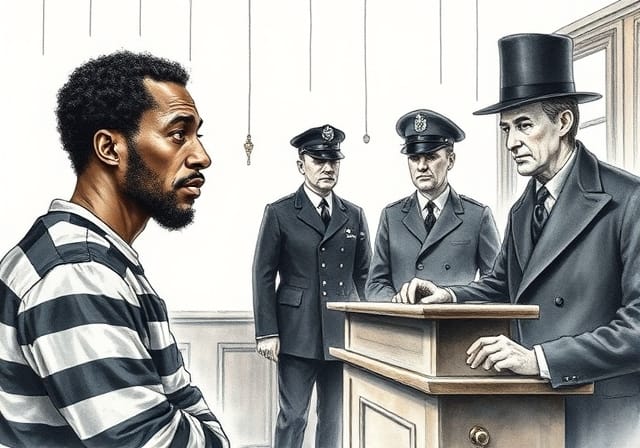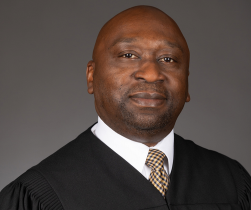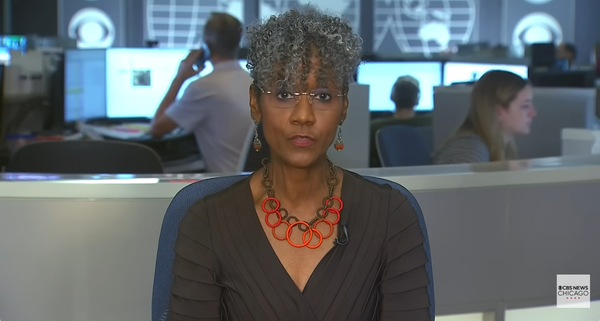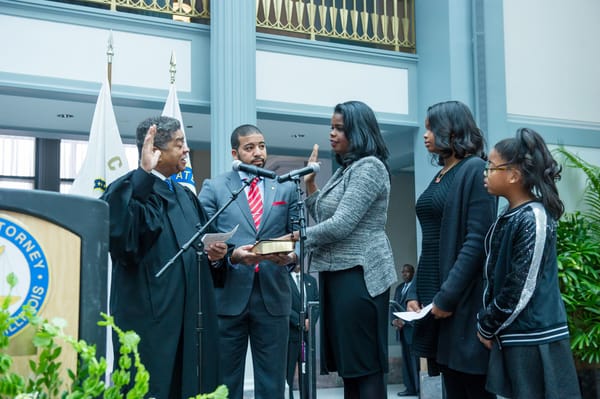Delays and continuances result in decades-long challenges to convictions

After 39 hours of interrogation, Clayborn Smith in 1992 signed a statement confessing to the murders of his grandfather and great aunt.
At the trial two years later, he filed a motion to suppress his confession. But the presiding judge didn't believe Smith's allegations that police detectives chained him to a wall and beat him until he confessed. The judge denied the motion, admitted his confession at trial and convicted him. At the bench trial Smith received a "natural life" sentence.
Three decades later Smith continues his fight for exoneration. He calls out Cook County law enforcement, prosecutors and its judiciary for the lengthy delays to resolve his case and dozens of others who say they were physically and psychologically tortured into confessing to crimes that they didn't commit.



